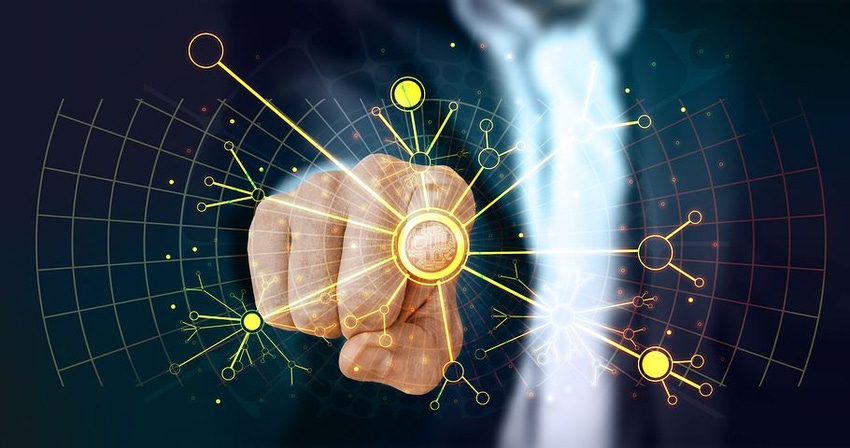GE Healthcare in AI Collaboration with ACR
The company said that it will integrate its Edison platform with the American College of Radiology, Artificial Intelligence-Lab.
April 8, 2019

Larger medtech companies are really starting to see the value of artificial intelligence. Some companies like GE Healthcare have already taken a deep-dive into the world of AI.
The Chicago-based company just announced achieving another significant milestone into AI by forming a partnership with American College of Radiology (ACR). The collaboration will have GE Healthcare integrating the Edison platform with the ACR AI-Lab.
Edison serves as a “digital thread” for GE Healthcare’s existing AI partnerships and products. The partnership will extend these services and allow ACR members and other radiology professionals to more easily develop and seamlessly deploy their algorithms across hospitals and research centers nationally.
“The ACR really wants to democratize the creation of AI and bring these tools to their brilliant members and allow them to focus on building up the offerings of artificial intelligence,” Karley Yoder, Director of Product Management of AI Analytics, GE Healthcare, told MD+DI. “So, we wanted to partner with [ACR] to offer tools that we have specifically around turning that corner from just research into true products…”
Edison allows data to be traced during the development of an algorithm, which reflects GE Healthcare’s commitment to safe, ethical and effective use of AI, and could radically simplify the ACR community’s ability to create compliant AI applications. Edison’s clinical data aggregation services enable radiologists to combine multiparametric data sets and clinical information from electronic health records to create more accurate algorithms.
The AI capabilities are just one set of the more than 100 Edison services available to GE Healthcare and ultimately third-party developers.
“We all know it’s going to take an ecosystem to do what needs to be done in healthcare when it comes AI,” Yoder said. “We know that to really harness the powers of AI, it’s going to take many players working on these problems together.”
Edison was launched in November of 2018. Since then GE Healthcare has received FDA clearance for multiple Edison powered devices, such as AIRx, an AI-based, automated workflow tool for MRI brain scanning designed to increase consistency and productivity, and Women’s Health Ultrasound SonoCNS, which automates the process of measuring the fetal brain by aligning the system automatically.
Yoder said the company as well as the healthcare industry was at the beginning stages of AI and there was still a lot of ground to cover.
“We’re at the early days of the beginning (of AI),” she said. “We are out in front with some of the deep learning we’ve embedded into our devices across MR[I] and Ultrasound. We are going to see this expand over the next five years. We are really thinking as GE Healthcare, how do we put the infrastructure in place to allow for this scaling to happen rapidly, but also in a completely compliant, ethical, and traceable manner. You only get one first impression with this new technology, so we’re really focused on how we build a platform that delivers trusted and validated artificial intelligence to be integrated in medical devices that have been trusted by our community and by our partners for decades upon decades.”
Growing Opportunity
The healthcare AI market will reach $6.6 billion in 2021, and 39% of healthcare provider executives say that they’re investing in AI, machine learning and predictive analytics.
The opportunity isn’t lost on larger players in the space. Late last year transcatheter aortic valve replacement pioneer, Edwards Lifesciences dipped into the AI market by forming a partnership with San Francisco-based Bay Labs.
Some of the collaboration initiatives include, the development of new AI-powered algorithms in Bay Labs’ EchoMD measurement and interpretation software suite; support for ongoing clinical studies at institutions; and the integration of EchoMD algorithms into Edwards Lifesciences’ CardioCare quality care navigation platform.
Medtronic also made an impact in the space when it said it would acquire its frequent collaborator, Nutrino, a company that uses AI for nutrition related services.
About the Author(s)
You May Also Like




